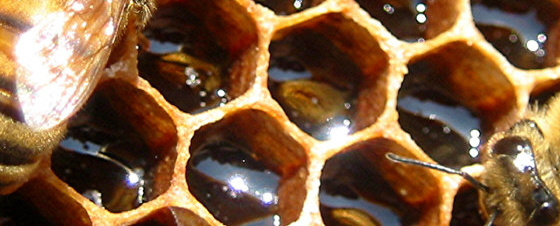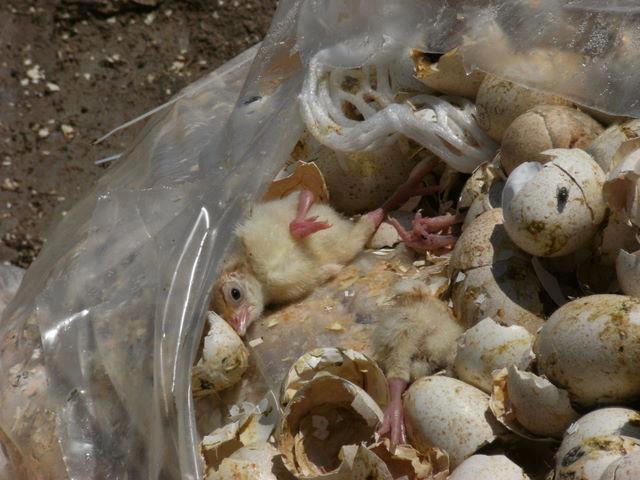I wanted my journey from vegan diet, to following a fuller plant-based lifestyle, to be based on research and reflection, rather than, hearsay. Although I learned about some things which made me feel remorse, I was glad that I could make informed decisions about what I will and will not be part of.
Is honey healthy?
Honey is rich in fructose, which is unhealthy. However, it is also rich in various antioxidants, which is healthy. It is at healthier than sugar but whether it is good for you/safe to eat will depend on the individual. It will also be determined by which, if any, conditions they suffer from.
The myths about honey
Bees produce lots of honey and they don't need it all. We're doing them a favour by taking some of it. They can replace what we take quickly so it doesn't bother them.
Theft and poor quality food substitution for the bees
One of the reasons that vegans don't consume honey, is that bees spend many hours to make it. They make for themselves to consume, so some vegans feel that taking it from them is stealing. Pollen is the honeybee's primary source of nutrition but honey is their only food source, which they depend on during the cold weather. Large commercial operations often take all the honey instead of leaving enough for the bees to get through the winter. The honey is then replaced with a cheap sugar substitute, which isn't as good for the bees.
The harm done to the bees in the beehive
Others don't like the harm that occurs when the honey is removed. Bees are often squashed and killed in the process. Also, during 'unproductive' months some bee-keepers starve their bees to death or burn the hive to save on costs. In order to prevent the queen bee from leaving the hive, some honey producers cut their wings off.
Artificial insemination and disposal of queen bees
Some vegans don't approve of manipulating living beings. One of the ways that bees are manipulated and controlled involves killing the queen bees to prevent swarming, aggression, mite infestation, and to keep honey production to a maximum. Queens are chosen by the keepers and they are artificially inseminated. Queens often live for half as long as they would naturally, because many commercial bee-keepers dispose of them early on.
Why I won't use honey
The conclusion I came to after finding out about the processes above, is that we don't need honey to survive and there's too much harm involved, for me to be alright with it.
Related posts
Earthling Ed on Instagram: "What’s the deal with honey and why do vegans reject it? And is there an ethical and environmentally friendly way to consume #honey after…"
What the Vegan Society has to say about the honey industry
Why don't vegans eat eggs?
How I define a vegan diet








